Speaking For Our Planet – David Attenborough
In the world of broadcasting and environmental advocacy, few names are as resonant or as revered as that of Sir David Attenborough. In this Pen vs Sword article we look at a career spanning nearly seven decades in which Attenborough has not only narrated the Earth’s natural wonders but has also become a pivotal figure in global conservation efforts. His work is more than just documentary filmmaking; it is an ongoing, relentless campaign to preserve the world’s fragile biodiversity.

Table of Contents
Broadcaster by Trade, Conservationist at Heart
David Attenborough’s career began at the BBC in 1952, a time when television itself was still an emerging technology. His early projects, like the famous “Zoo Quest” series, broke new ground not just in terms of broadcasting exotic locales but also in how they presented wildlife as protagonists in their own stories, rather than mere subjects to be studied and displayed. This innovative approach not only changed the style of wildlife documentaries but also started to shift public perception about the natural world.
As the decades passed, Attenborough’s work evolved in its ambition and scope over many series. Series such as “Life on Earth” (1979), “The Blue Planet” (2001), and “Planet Earth” (2006) have been credited with transforming the documentary genre into a spectacle of storytelling that rivals major Hollywood productions in their drama and narrative depth.

Life on Earth
“Life on Earth” is a pioneering series that set the stage for modern nature documentaries. First aired in 1979, this ambitious BBC series offered an unprecedented exploration of the evolutionary history of life on our planet. Over 13 episodes, David Attenborough took viewers on a journey through time, from the earliest microbes to complex multicellular organisms, showcasing the incredible diversity of life through compelling narratives and ground-breaking filming techniques.
The series not only captivated audiences worldwide but also significantly raised public awareness about the natural world, cementing Attenborough’s place as a leading and trusted voice in environmental education.
The Blue Planet
Two decades after “Life on Earth,” David Attenborough returned with “The Blue Planet,” a series entirely dedicated to the world’s oceans. This 2001 masterpiece was the first comprehensive series on marine life, revealing hidden underwater ecosystems and showcasing species never before seen on camera. Its vivid portrayal of the beauty and complexity of aquatic life highlighted both the robustness and fragility of oceanic ecosystems.
The series was particularly notable for its cinematography and its ability to capture the imagination of the public about the mysterious life beneath the waves, influencing a generation’s understanding of marine biology and the importance of ocean conservation.
Planet Earth
“Planet Earth,” released in 2006, was an unprecedented documentary feat, utilizing high-definition photography and pioneering filming techniques to cover diverse habitats across the globe. Each of the eleven episodes focused on a different biome, delivering stunning visuals of places and species that many viewers had never seen before.
The series was widely acclaimed for its scope, detail, and the depth of its educational content, showcasing the planet’s breath-taking diversity while also underlining the environmental challenges facing these ecosystems. “Planet Earth” raised the bar for natural history filmmaking and remains a benchmark for documentary series, emphasizing the interconnectedness of all life on Earth.
These series have not only entertained millions but have also educated them about the intricate processes that govern our natural world, highlighting both its resilience and vulnerability.

The Voice That Woke the World
Perhaps Attenborough’s most significant contribution is his ability to connect with viewers on a human level, guiding them through complex ecological concepts with his reassuring and authoritative voice. His more recent works, such as “Our Planet” (2019) and “A Life on Our Planet” (2020), serve not only as compendiums of his life’s work but as stark, sober reflections on the impacts of human activity on the earth.
Our Planet
“Our Planet” is a ground-breaking Netflix series released in 2019 that combines the awe-inspiring visuals of Earth’s natural beauty with a strong environmental message about the impacts of human activity on the natural world. Narrated by David Attenborough, this eight-part series spans the globe, exploring diverse habitats from the remote Arctic wilderness and mysterious deep oceans to vast African landscapes and South American rainforests.
Unlike previous series, “Our Planet” places a significant emphasis on conservation, highlighting the delicate balance of natural ecosystems and the urgent need to protect them. Its use of stunning high-definition footage, alongside the latest scientific research, makes it a powerful tool for education and environmental awareness, inspiring actionable change among its viewers.
A Life on Our Planet
“A Life on Our Planet” is both a documentary and a profound personal witness statement from David Attenborough, released in 2020. In this film, Attenborough reflects on his career, recounting the changes he has seen in the natural world and delivering a powerful message about the future that awaits us if we continue down the path of unsustainable growth. The documentary blends breath-taking photography with harrowing statistics to illustrate the dramatic decline of biodiversity and the potential for catastrophic ecological collapse.
However, it’s not just a tale of doom and gloom; Attenborough provides a hopeful roadmap for how humanity can reverse the damage, restore biodiversity, and live in harmony with the planet. “A Life on Our Planet” is a compelling mix of memoir, documentary, and call to action, making it a unique and influential entry in Attenborough’s body of work.
These documentaries offer a clear and urgent message about the immediate threats of climate change, loss of biodiversity, and habitat destruction.

Shift in Tone
David Attenborough’s early career was marked by a distinct, observational approach, focusing on the wonder and diversity of the natural world without overtly emphasizing the human impact on these environments. This style was reflective of a broader period in scientific and documentary filmmaking that aimed to present nature as an object of curiosity and beauty, a spectacle for human viewers to marvel at from a distance.
However, as environmental issues became more pressing, and as Attenborough’s understanding of these issues deepened through decades of observation and learning, his narrative approach underwent a significant transformation. This shift became evident as he began incorporating a more urgent tone regarding environmental protection and sustainability into his work. The transition from observer to advocate was not abrupt but evolved as a response to the escalating ecological crises he documented.
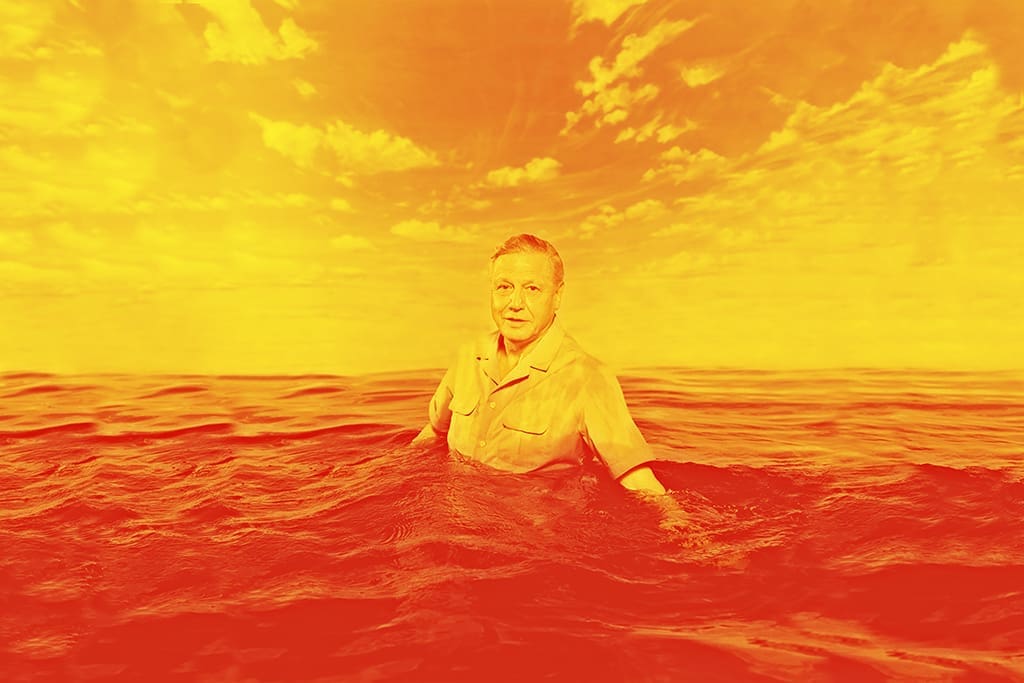
*All Book Images Open a New tab to our Bookshop
**If you buy books linked to our site, we get 10% commission from Bookshop.org, whose fees support independent bookshops.
Environmental Pressures
By the time of “The Blue Planet” and subsequent series like “Planet Earth,” Attenborough’s commentary increasingly included notes on the environmental pressures exerted by humanity. This advocacy became even more pronounced in his later works, such as “Our Planet” and “A Life on Our Planet.” Here, he explicitly addressed issues such as climate change, habitat destruction, and biodiversity loss, framing these not merely as environmental concerns but as existential threats to human civilization.
In “A Life on Our Planet,” Attenborough uses his personal journey through the natural world as a narrative framework to discuss these themes. He reflects on how drastically some of the sites of his earlier documentaries have changed, degraded by human activities. This personal and emotional engagement marks a stark contrast to the more detached tone of his earlier works. He doesn’t just present facts and footage but also shares his personal grief for what has been lost and his fear for what is still at risk.
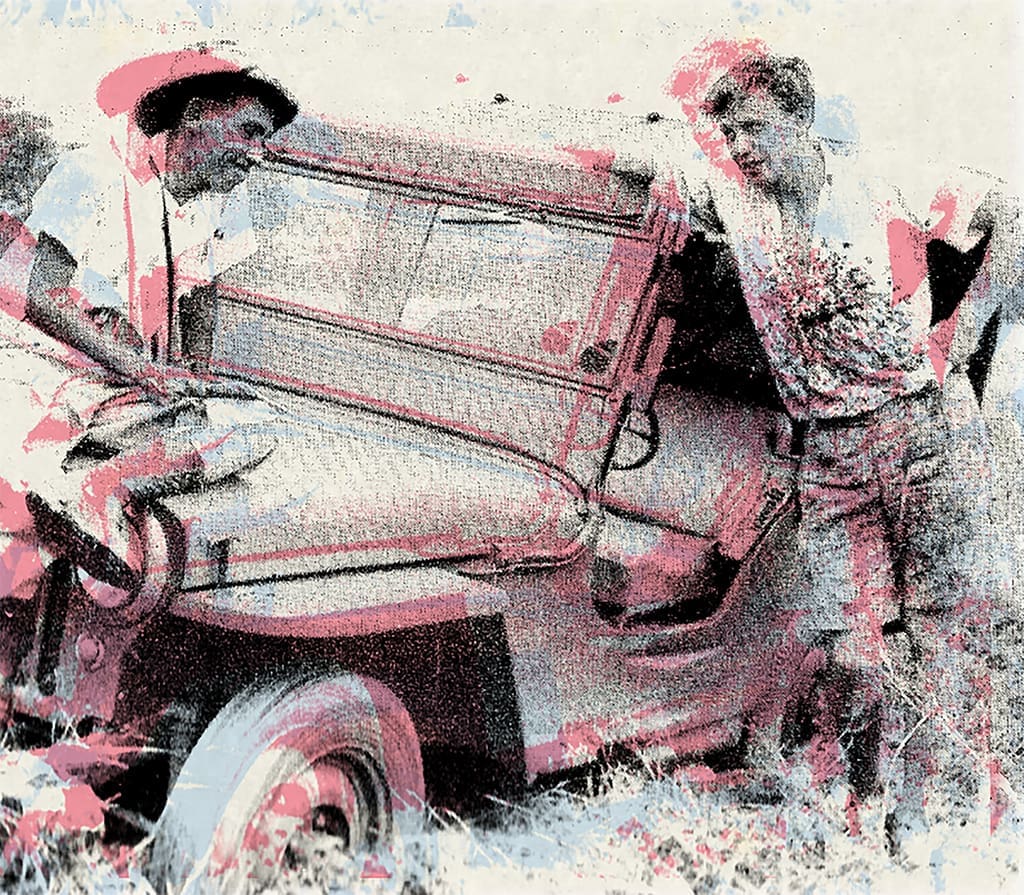
A Global Conscience
Attenborough’s advocacy is characterized by a blend of dire warnings and optimistic solutions. He emphasizes that while the challenges are significant, the tools and knowledge to address them exist. His message is clear: active, informed, and immediate action can, and must, be taken to preserve the planet for future generations.
This evolution in tone from observer to advocate not only reflects Attenborough’s personal journey and the changing scientific consensus but also underscores a growing public awareness and concern for environmental issues. It marks his role not just as a broadcaster but as a global conscience urging us towards responsible stewardship of our planet.
Future Generations and the Attenborough Legacy
The impact of Attenborough’s work is also measurable in the inspired generations of conservationists, scientists, and filmmakers that follow in his footsteps. He has made nature a global conversation and shown that it’s not too late for humanity to make amends with the environment. Through his Living Planet Index and other initiatives, he emphasizes sustainable practices that balance human needs with ecological preservation.
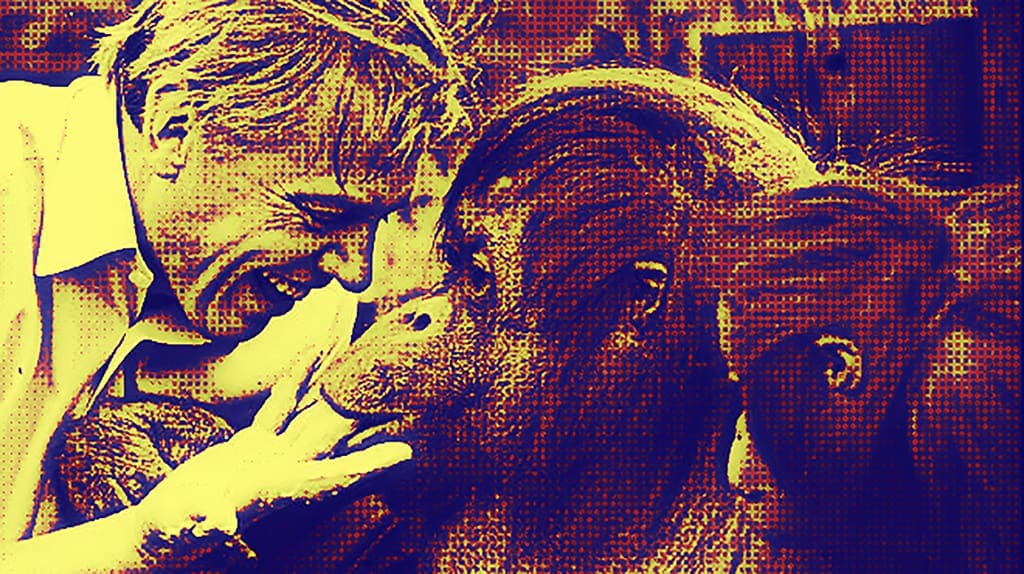
Towards a Sustainable Future
David Attenborough’s call to action has grown more explicit and urgent as his career has progressed and as the global environmental situation has become more critical. This call is deeply woven through his narrative in more recent documentaries, interviews, books, and public appearances. His message is multi-faceted, touching on several key areas: the necessity of preserving biodiversity, the urgency of addressing climate change, the importance of sustainable development, and the role of individual and collective action.
Biodiversity Preservation
Attenborough highlights the crucial role of biodiversity in maintaining the health of the planet. He often discusses how biodiversity is not just a matter of beauty or interest but is essential for ecosystem stability, food security, and the overall functionality of the Earth’s life support systems. He has consistently emphasized the need to protect existing ecosystems, restore degraded ones, and create corridors and connections between habitats to allow wildlife populations to thrive and adapt, especially in the face of climate change.
Addressing Climate Change
Climate change features prominently in Attenborough’s recent works. He articulates the dire consequences of rising temperatures, melting ice caps, and more extreme weather patterns. Attenborough uses his platform to advocate for reducing greenhouse gas emissions, transitioning to renewable energy sources, and improving energy efficiency. He also stresses the importance of policy decisions at the governmental level that can drive significant changes, including carbon pricing, phasing out coal-fired power plants, and investing in clean technologies.
Sustainable Development
Understanding the intersection between economic development and environmental preservation is another cornerstone of Attenborough’s message. He argues for a model of sustainable development that does not exploit natural resources but uses them wisely and ethically. This includes promoting practices such as sustainable agriculture and forestry, responsible water use, and urban planning that accommodates wild spaces and promotes biodiversity.

Individual and Collective Action
Attenborough often speaks directly to viewers, stressing that change depends not only on governmental or corporate actions but on individual behaviours. He encourages people to rethink their consumption habits, including reducing meat consumption, minimizing plastic use, and choosing sustainable products. Additionally, he believes in the power of informed voters who can push for environmental agendas and hold their leaders accountable.
Educational Engagement and Optimism
Despite the grave warnings, Attenborough’s message is inherently optimistic. He believes deeply in the capacity of humans to adapt and innovate. This is reflected in his efforts to educate and inspire, particularly younger generations, about the wonders of the natural world. He trusts that once people understand what is at stake, they will be motivated to protect and preserve it.
David Attenborough’s call to action is a comprehensive plea for awareness, transformation, and hope. He not only outlines the scale of the challenges but also the pathways available to overcome them, inspiring millions to envision and work towards a sustainable future.
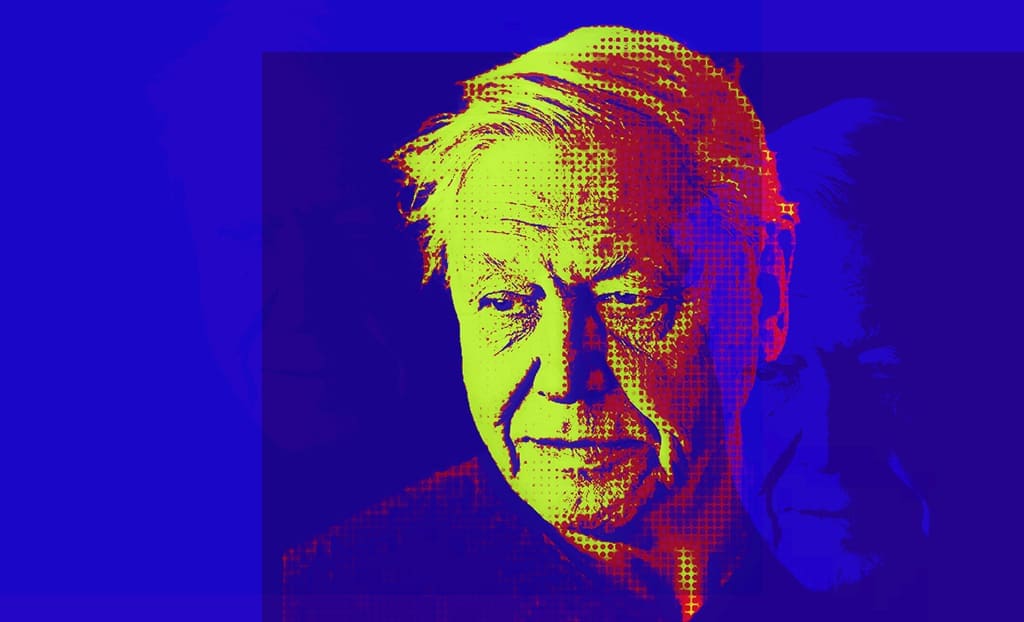
David Attenborough’s Enduring Appeal
In a world brimming with transient internet celebrities and fleeting social media trends, Sir David Attenborough’s enduring appeal lies in his unwavering commitment to a cause greater than any single individual. His legacy is not just his body of work, but the global consciousness he has awakened about our planet’s precarious beauty and the collective action he has spurred towards its preservation.
The Task Now Falls to Us
As we move forward, the question remains not just how we will remember Attenborough, but how we respond to the challenges he has laid out so clearly before us. The true measure of his impact will be in the health of our planet in the decades to come. David Attenborough has done his part; the task now falls to us to continue this crucial work.


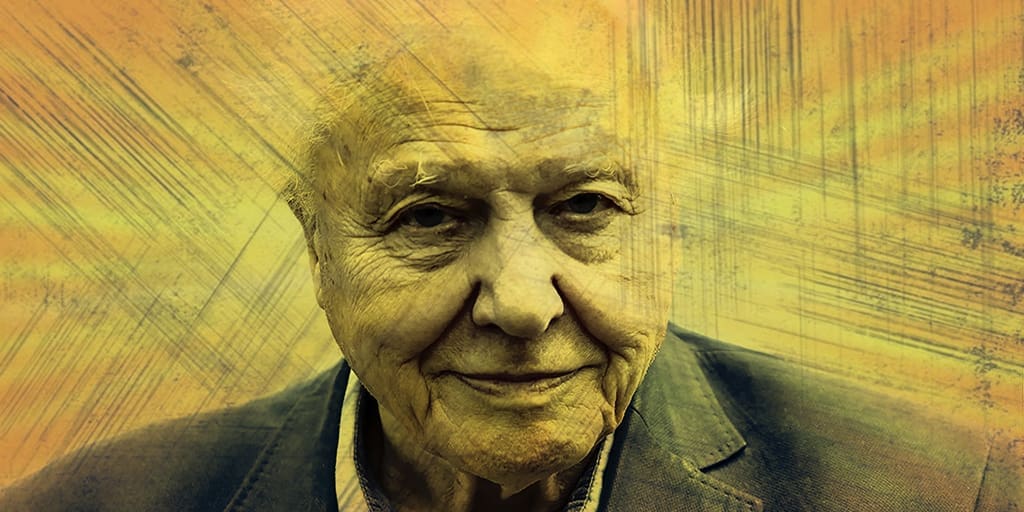
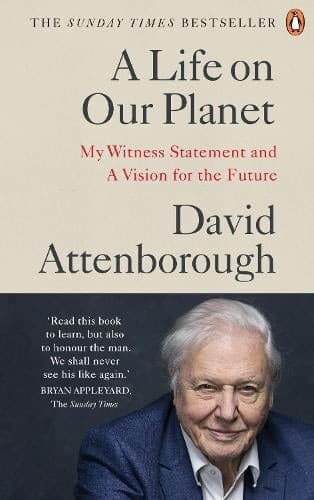






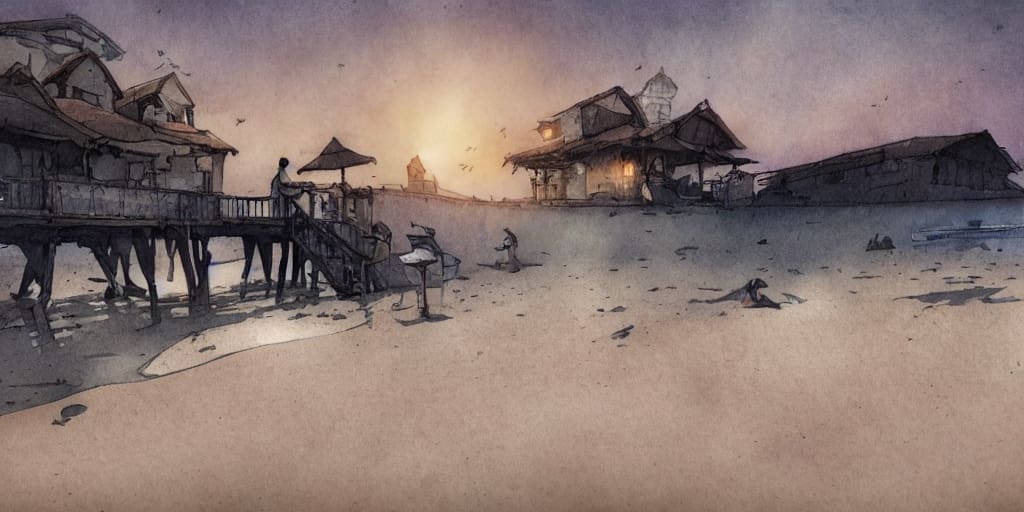






























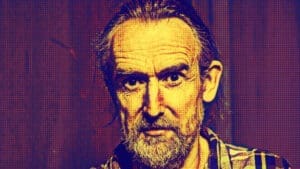








What do you think?